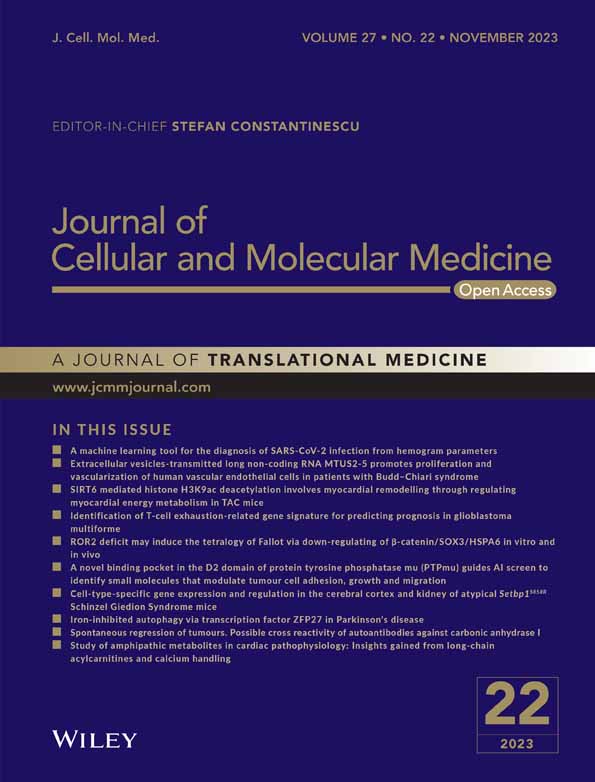8C7: A Fully Human Anti-PTGFRN Monoclonal Antibody-Drug Conjugate Inhibiting Tumour Growth of Mesothelioma and Paediatric Medulloblastoma Cell Lines
Abstract
Antibody Drug Conjugates (ADCs) are attractive for developing cancer-targeted therapies, particularly for cancers with unmet needs. Identification of a druggable internalising cell-surface target enables the development of internalising monoclonal antibodies to deliver toxic payloads directly to the cancer cells. Using immunohistochemistry, we screened various non-cancerous and cancerous tissue sections to assess PTGFRN expression levels. We produced hybridoma lines that produce fully human antibodies against the PTGFRN extracellular domain. After screening, we conjugated the cytotoxic payload Duocarmycin to an antibody candidate and tested its efficacy in in vitro assays, as well as in vivo xenografted athymic nude mice. We showed that PTGFRN expression was undetectable in non-cancerous tissue samples and overexpressed in several patient-derived cancer tissue samples. We produced a hybridoma line that produces a fully human IgG1 (8C7) against PTGFRN. 8C7 binds to cell-surface PTGFRN, inducing endocytosis of PTGFRN. Direct conjugation of Duocarmycin to 8C7 resulted in an antibody-drug conjugate that showed high potency in in vitro and in vivo models for three PTGFRN-expressing cell lines examined, A431, DAOY, and MSTO, while it had no effect on PTGFRN-negative MDA-MB-231. 8C7-ADC administered via intraperitoneal injection to xenografted mice showed inhibition of tumour formation and growth with no effect on body weight and organ weights. These findings further validate PTGFRN as a target for antibody-drug conjugate development for cancers with unmet needs.


 求助内容:
求助内容: 应助结果提醒方式:
应助结果提醒方式:


